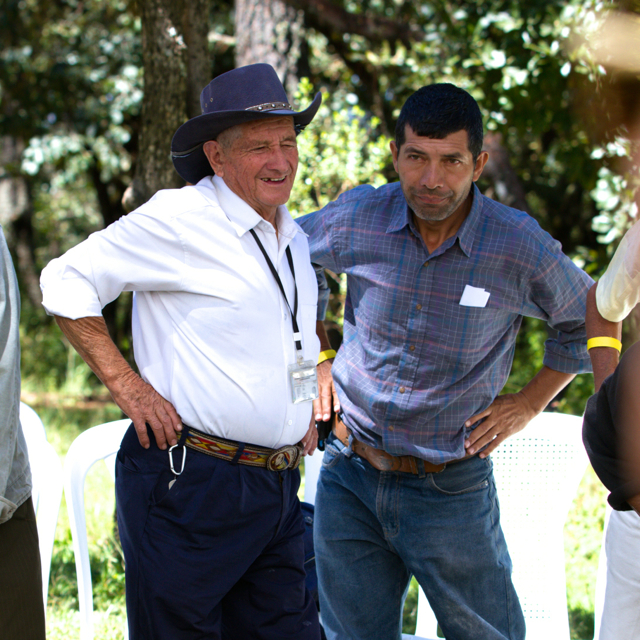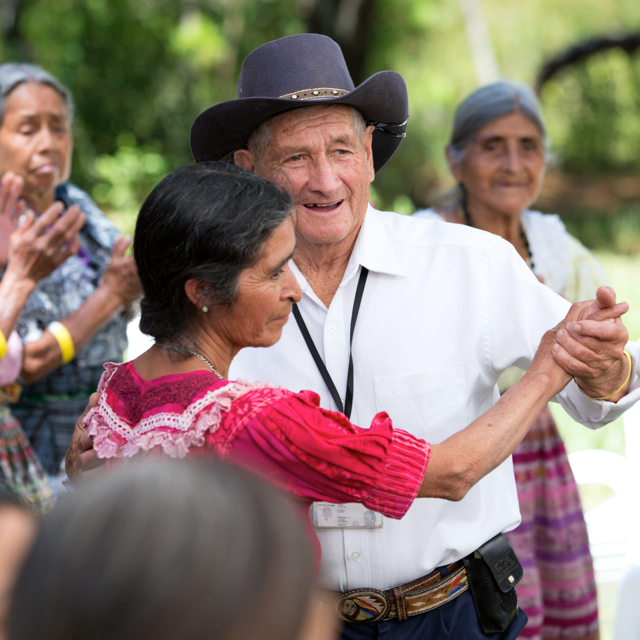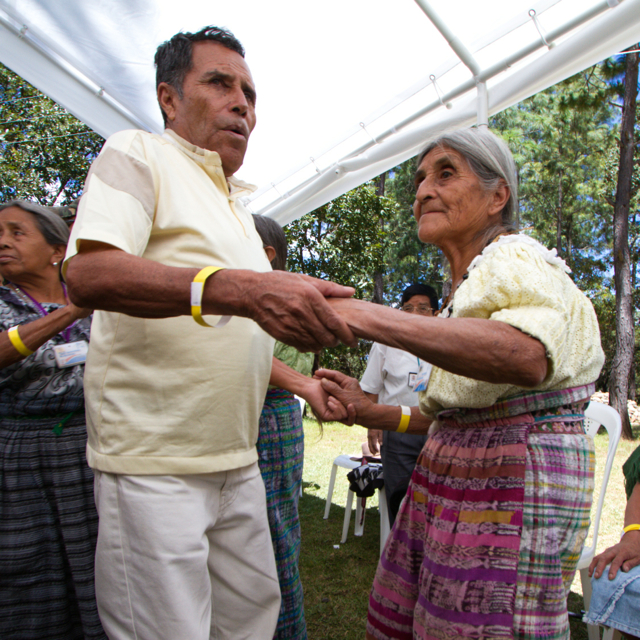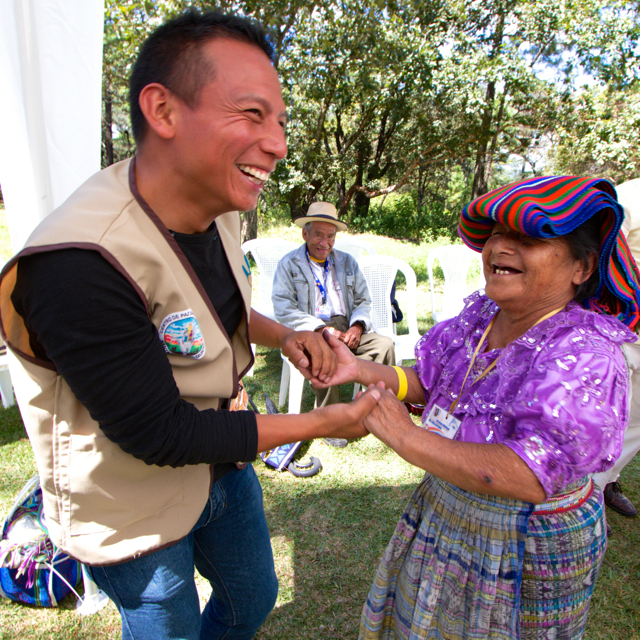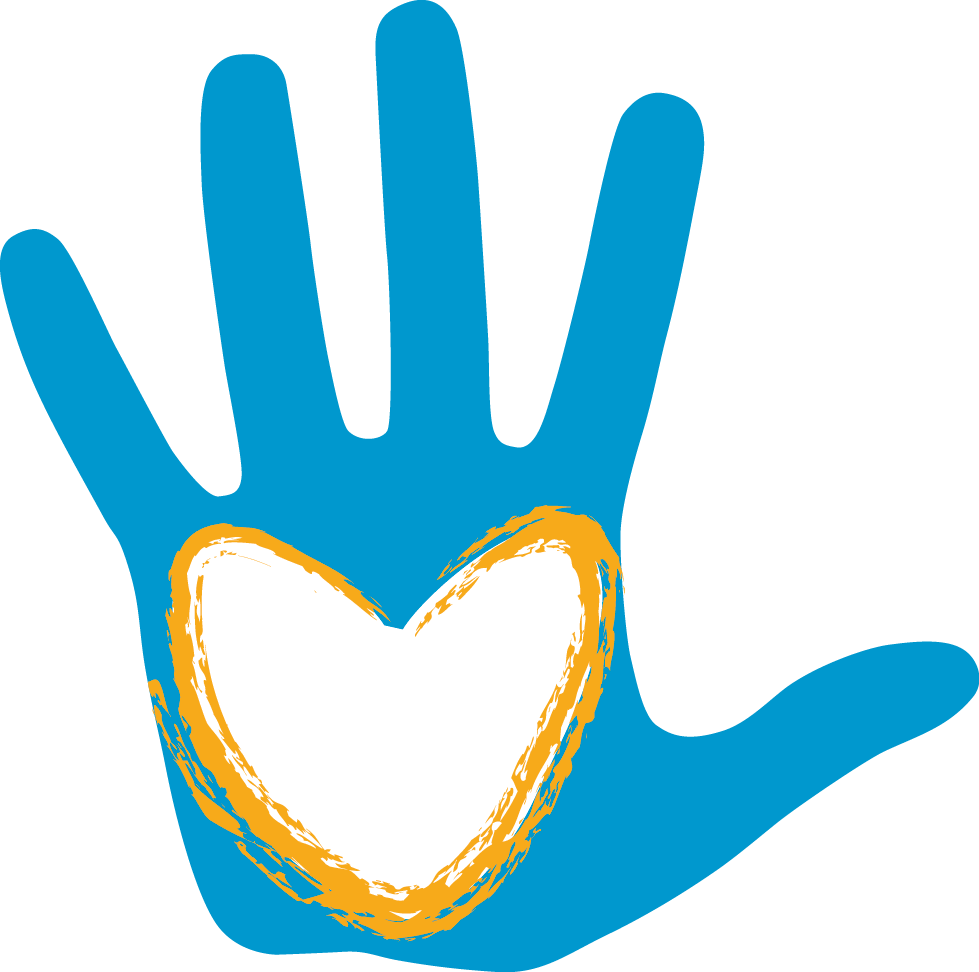Liz Getman has been a part of our Global Healthworks Foundation team since 2014. In addition to documenting our work and writing stories about our volunteers, staff, and patients, she is also a fitness instructor and Zumba® enthusiast. A highlight of our jornadas is Liz's modified Zumba® class, which she offers to one of our favorite elderly groups in Quiché.
Read all about Liz’s story with Global Healthworks Foundation below.
Sharing Zumba with Quiché’s Most Enthusiastic Ancianitos
Written by: Liz Getman
One of the most memorable moments of my life occurred this past summer during a five-week stay in Guatemala. Perhaps surprisingly, it didn’t happen at the breathtakingly beautiful Lake Atitlán, a place I visited nearly every weekend during my travels. Nor was it related to my primary trip purpose: to conduct research for my master’s thesis on violence against women— though each conversation with the Mayan women I interviewed was certainly unforgettable. No, this experience came about somewhat unexpectedly on a gray mid-July day at an alternative medical clinic in Santa Cruz del Quiché.
The mobile clinic acupuncturist, Peter Caron, whom I had met early in my trip, invited me to travel around Quiché with his team, help with Spanish-to-English interpretation, and teach a short Zumba class prior to patients’ treatments to get their blood flowing. The location for this particular clinic day was an impeccably clean and well-run senior center called Mis Años Dorados (My Golden Years), located on the outskirts of Santa Cruz. Though I had taught Zumba many times since becoming a certified instructor in 2013, this abbreviated class would be my first with an entire group of ancianitos (seniors). Taking their age and limited mobility into account—and honoring the request of the center’s Director, an avid salsa fan—we decided to dance to two slower Marc Anthony favorites.
“The group of nearly twenty seniors danced in a way that reminded me why I became a Zumba instructor in the first place.”
It is difficult to put into words what was felt and shared that morning as we danced in a large field outside the main center building. Despite my love for all my Zumba classes back home, the enjoyment of each person present was unlike anything I had experienced previously. The group of nearly twenty seniors danced in a way that reminded me why I became a Zumba instructor in the first place. Their smiles and laughter and the complete abandon with which they moved inspired me more than I ever thought possible.
Who knew we’d be dancing together again just two months later?
When Peter suggested I connect with Dan Wunderlich, Founder and Executive Director of the clinic’s sponsoring organization, Global Healthworks Foundation (GHF), and return in October for GHF’s biannual jornada (medical mission), I had no idea that trip would involve another Zumba session with the Mis Años Dorados group. After several phone conversations, Dan invited me to join the team and help document the transformative work of the organization’s volunteer acupuncturists, Reiki Masters, massage therapists, and yoga/movement instructors. As during my first visit, research and writing were my primary responsibilities; Zumba was not on the agenda. But on one of the first days of the jornada, plans changed yet again as my favorite group of ancianitos pulled up to the jornada site.
Upon exiting their van, the seniors peppered me with questions about Zumba. “¿A qué hora es la clase? (What time is the class?)” “¿Cuándo bailamos? (When are we dancing?)” “¿Tienes tu música de Marc Anthony? (Do you have your Marc Anthony music?)” The jornada schedule was pretty packed, but Dan didn’t need much convincing once he saw their enthusiasm. After some simple yoga stretches, we pumped the volume on the clinic’s mini portable speakers and began dancing together once again.
As with the jornada’s regular movement classes, one of the goals of Zumba was to get patients moving and help them understand the importance of exercise. As Dan explained to the group, “El movimiento es muy importante para su salud. Ayuda con su respiración, con el movimiento de sangre, y con los músculos y las articulaciones. (Movement is very important for your health. It helps with breathing, with the movement of blood, and with the muscles and joints).”
And, just as importantly, it provides a much-needed release from the stressful conditions under which most Quiché residents live. “Los ancianitos se divierten mucho con el baile (The older people enjoy themselves a lot with dance),” says Eva Carrillo, mobile clinic coordinator. “A ellos no importan los movimientos. Sólo quieren moverse. Durante Zumba, están moviéndose, gritando, y aplaudiendo sin vergüenza. Para muchos de ellos, es una nueva experiencia y una forma de liberarse. (The moves don’t matter to them. They just want to move. During Zumba, they are moving, yelling, and applauding without embarrassment. For many of them, it’s a new experience and a form of freeing themselves.)” In this way, as during the mobile clinics, Zumba fit in well with the other jornada activities. Patients were moving their bodies, gaining a greater understanding of how and why exercise is important, and, as Eva explains, experiencing a sort of freedom they might not otherwise feel on a day-to-day basis.
“From the expressions on their faces and their words of gratitude, I know the seniors were thankful for another Zumba experience.”
From the expressions on their faces and their words of gratitude, I know the seniors were thankful for another Zumba experience. I certainly hope they know how grateful I am for the opportunity to share the beauty of dance with them a second time. Each time Marc Anthony plays in class, I think of their smiling faces and enthusiastic cheers and applause. I carry their optimism and joy-filled energy with me whenever and wherever I teach.

